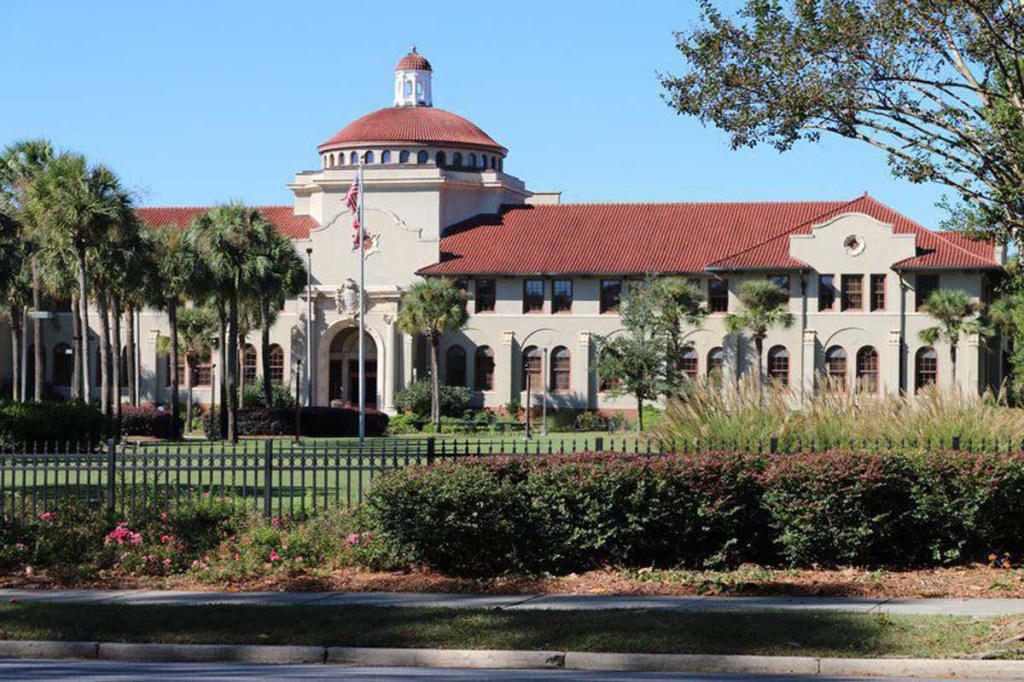Sorority housing at Georgia university unaffected by debunked ‘brothel law’
Published 2:57 pm Thursday, August 24, 2017

- Once upon a time, there was a held belief that sororities in Valdosta, Georgia, were unable to have designated sorority houses due to a 'brothel law.'
VALDOSTA, Ga. — For decades, a widely-circulated “brothel law” related to sorority housing at colleges and universities across the nation caused students, staff, and surrounding community residents to believe sororities were unable to have designated houses. Since debunked, the “law” supposedly stated if more than four unrelated women lived in a house together, it was deemed a “brothel” and made illegal.
At one Georgia university, however, the persisting fallacy has been put to rest.
As it turns out, it is a common belief among some Valdosta students and residents that has no historical standing, according to area officials.
“Obviously we had residence halls on college campuses that were only same-sex years ago,” Dr. Vince Miller, Valdosta State University vice president of student affairs, said.
The reason for the lack of sorority houses on VSU’s campus is far less scandalous, he said.
Sororities all operate under the National Panhellenic Conference — the umbrella group for 26 national and international sororities. According to the NPC website, the organization’s sororities are located on more than 670 campuses nationwide with over 400,000 members in over 3,000 chapters.
Discussed via internet forums for over 20 years and reportedly in existence since the 1960s, the “brothel law” belief is common among college campuses and is thought to have influenced sorority housing policies across the nation for decades. The belief was eventually addressed on fact-checking website snopes.com, disproving its validity.
As Miller explains it, under the NPC, sororities signed an agreement stating if one sorority has a house on campus, then all of them would need to have one.
“Since some sororities have been part of the university, and collecting dues, for decades, some could have a house built outright now,” Miller said. “However, if one builds, they all have to build and not all the sororities have the resources to do that right now. We don’t have control over that.”
Fraternities are not under the same sorts of rules and a few own or rent housing near VSU’s campus.
Miller said students who are involved in the groups have dual responsibility — one to their national organization and one to the university.
“We are trying to increase student engagement and life on campus,” Miller said. “The question gets asked a lot in recruitment and it can weigh on a student’s decision if they are looking for Greek life on campus. We would welcome sorority housing if they could all do it together. It would be amazing to see seven sorority houses all pop up at one time.”
Carver is Lifestyles Editor at the Valdosta, Georgia Daily Times.

